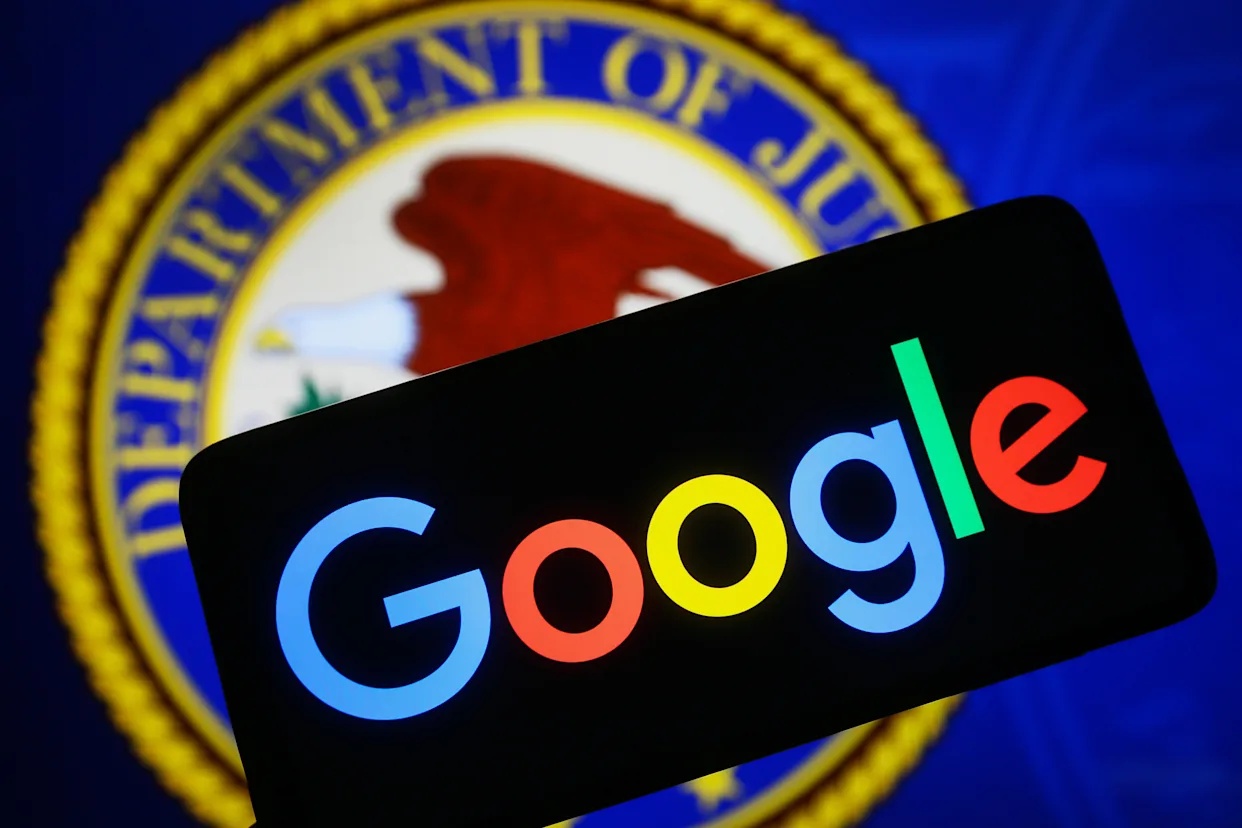A (not unexpected) Win for the Tech Giants
A few days ago, I discussed the possible repercussions of Alphabet’s monopoly case. Now we finally got clarity. A federal judge just handed Google one of the biggest wins it could’ve hoped for. But for another company, this win is even more crucial: Apple. The government wanted to ban Google’s $20+ billion annual payments to Apple for default search placement on iPhones. However, the presiding judge ruled differently – calling such a move counterproductive, since it would only give Google free access to Apple’s users. Translation: nothing changes, management is happy.
Besides, let me just add that this was the right call. The case never made sense in the first place – as do, unfortunately, many of these antitrust cases. I am for as much free market as possible, and therefore often more critical of this sort of government intervention. Administrations shouldn’t decide over right and wrong in business. Why break up a monopoly, simply because a company positioned itself better than competition? It’s not on Google that competitors dropped the ball.
Google’s stock popped 8%. For Apple, it’s a similar picture, but the real story is in the margins. Those payments are almost pure profit – 75% gross margins, compared to ~37% on hardware. Losing them would’ve been catastrophic at a time when iPhone growth is flat, AI efforts are lagging, and Trump is pressuring his “friend” Tim Cook to move production back to the U.S. Apple didn’t just dodge a bullet here – it dodged a goddamn hellfire missile.
Yes, the court required Google to share some search data with competitors. But let’s be honest: that won’t matter anyway. And the market just proved that. Neither Google nor investors would call that a bad ruling. The idea of Perplexity (or anyone else) buying Chrome for $34 billion was fun, a good PR stunt, but unrealistic from the start – and the judge tossed it aside completely.
What’s important: both companies keep their status quo, which is about as good as it gets. Google still faces other antitrust cases in the U.S. and Europe – which are very likely to fizzle out the same way. Apple could see this decision revisited if competition doesn’t improve. But for now, they both breathe easier – one pocketing 20 billion, the other securing default dominance, lifting both stocks higher.


